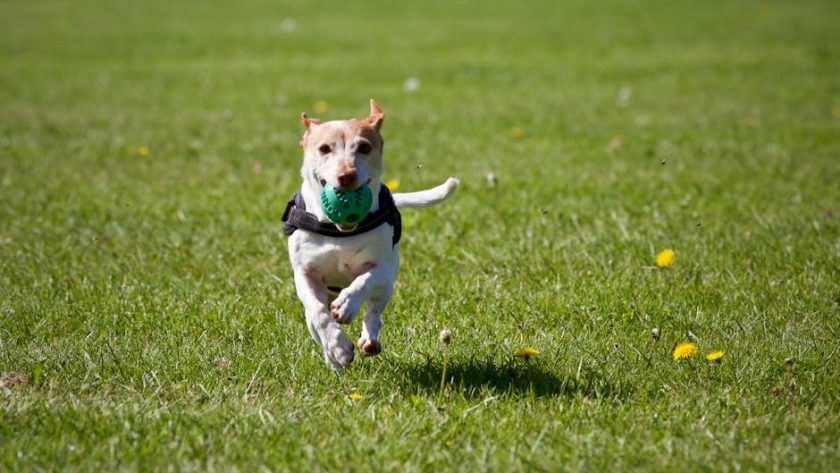Training your dog can be a rewarding experience, fostering a deeper bond and ensuring a well-behaved and happy companion. However, it can also be a daunting task, especially for first-time dog owners. To make the process more manageable, here is a comprehensive guide to dog training, breaking down the steps and providing practical tips.
**Step 1: Establish a Strong Bond**
Before embarking on training, it's crucial to establish a strong bond with your dog. This involves spending quality time together, playing, petting, and providing affection. Building trust and mutual respect will make training more effective and enjoyable for both of you.
**Step 2: Set Clear Goals**
Determine what you want to achieve with your training. Do you want your dog to sit, stay, or come when called? Clearly defined goals will help you stay focused and provide structure to your sessions.
**Step 3: Use Positive Reinforcement**
Dogs learn best through positive reinforcement, which rewards desired behaviors. When your dog does something you like, immediately give them a treat, praise, or affection. This will encourage them to repeat the behavior in the future.
**Step 4: Be Consistent and Patient**
Consistency is key in dog training. Use the same commands and cues each time, and be patient with your dog. Learning takes time, so avoid frustration and keep training sessions short and fun.
**Step 5: Start with Basic Commands**
Begin with basic commands such as sit, stay, come, and heel. These commands form the foundation for more advanced training. Use clear hand signals and verbal cues, and practice in a low-distraction environment.
**Step 6: Advance Gradually**
Once your dog has mastered basic commands, gradually introduce more complex behaviors. Start with distractions, such as other people or noises, and build up to off-leash training in a controlled environment.
**Step 7: Address Problem Behaviors**
If your dog exhibits problem behaviors, such as aggression, barking, or jumping, seek professional help from a certified dog trainer. They can assess the situation and develop a tailored training plan to address the issues.
**Step 8: Make Training a Part of Daily Life**
Incorporate training into your dog's daily routine. Use everyday situations to reinforce commands, such as having them sit before you give them food or asking them to stay when you open the door. This will help them generalize their training to real-world scenarios.
**Conclusion**
Training your dog requires patience, consistency, and positive reinforcement. By following these steps and seeking help when needed, you can develop a strong bond with your furry friend while ensuring their well-being and happiness. Remember, training is an ongoing process that will strengthen your companionship and create a lifetime of joy.

